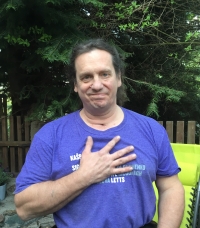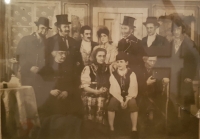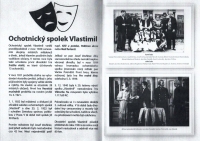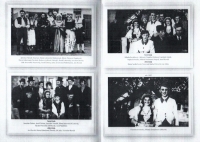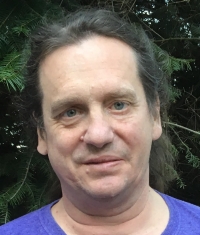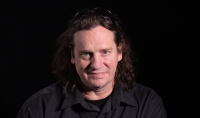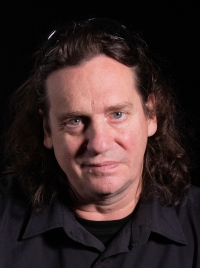It is better to live in a wheelchair than with the Communists

Download image
Jan Potměšil was born on 31 March 1966 in Prague into a strictly sporting family - his father was Jaroslav Potměšil, senior lecturer at the Faculty of Physical Education and Sport of Charles University, [national team] main ski coach and later chairman of the Czechoslovak Ski Association. From the age of eight Jan regularly appeared in child roles in television dramas, series and films. After graduating from grammar school, he applied to the Theatre Faculty of the Academy of Performing Arts in Prague (DAMU), and was accepted at the second attempt. Already during his studies at DAMU he performed in many professional theatre performances and films. Among the most important are the films Proč? (Why?) by director Karel Smyczek and Bony a klid (Money and Peace) by Vít Olmer, which criticized the social conditions in Czechoslovakia during the late normalization period. He also got popular by acting in Zdeněk Troška’s fairy tale O princezně Jasněnce a létajícím ševci (About Princess Jasněnka and the Flying Shoemaker). In 1989, he was actively involved in social events, attending demonstrations during Palach Week, distributing the petition Several Sentences, and in the days after 17 November he joined the actors’ strike. He also took part in trips outside Prague trying to spread information about the events on Národní třída to the countryside. One of these trips proved fatal for him - on 8 December 1989, while returning from Ostrava, he suffered a serious injury in a car accident that left him wheelchair-bound. After a long period of unconsciousness and almost two years of rehabilitation, he returned to the acting profession as a member of the Kašpar Theatre Company, where he played the main roles in the performances of Rose for Algernon and Richard III. He became an active sportsman and, together with his father, a promoter of the possibilities of sport for the disabled. He participates in events raising awareness about human rights violation, especially in China: in 2012 he participated in a charity concert in the Senate, and in 2014 in The Prague Crossroads spiritual centre, both in support of Chinese dissidents and followers of Falun Gong movement.
